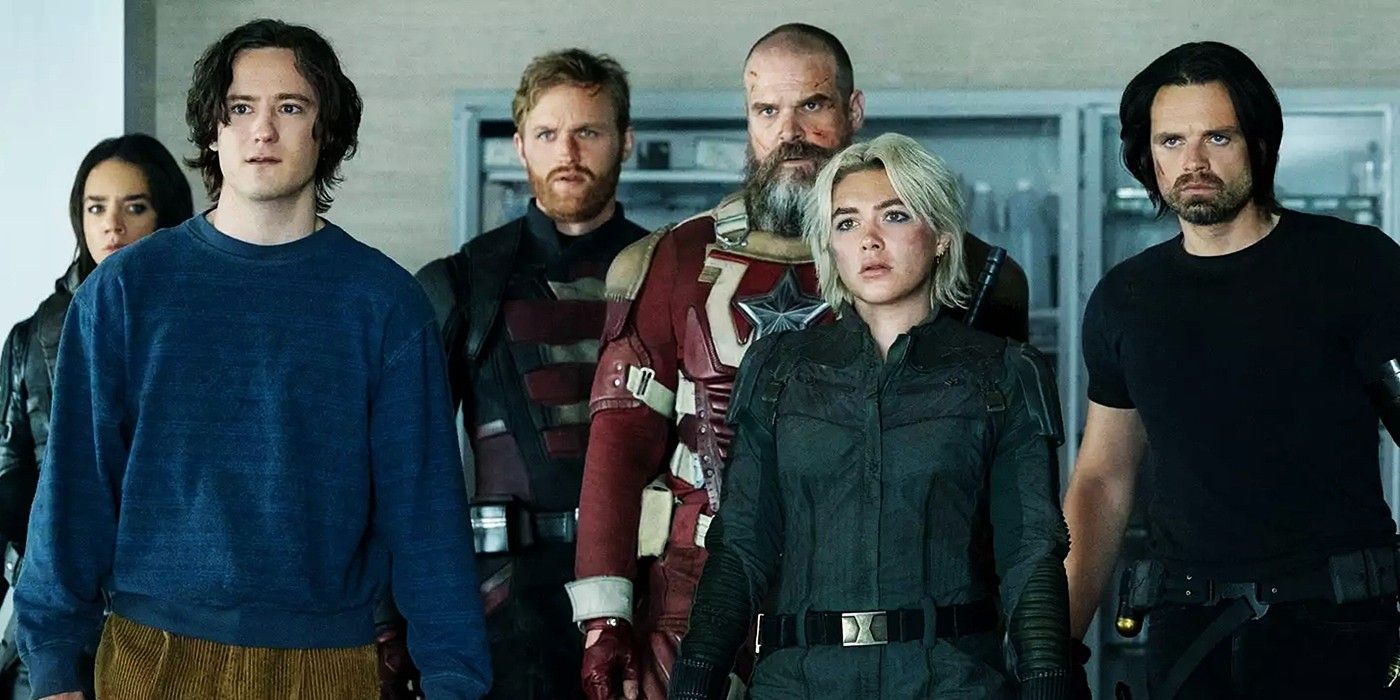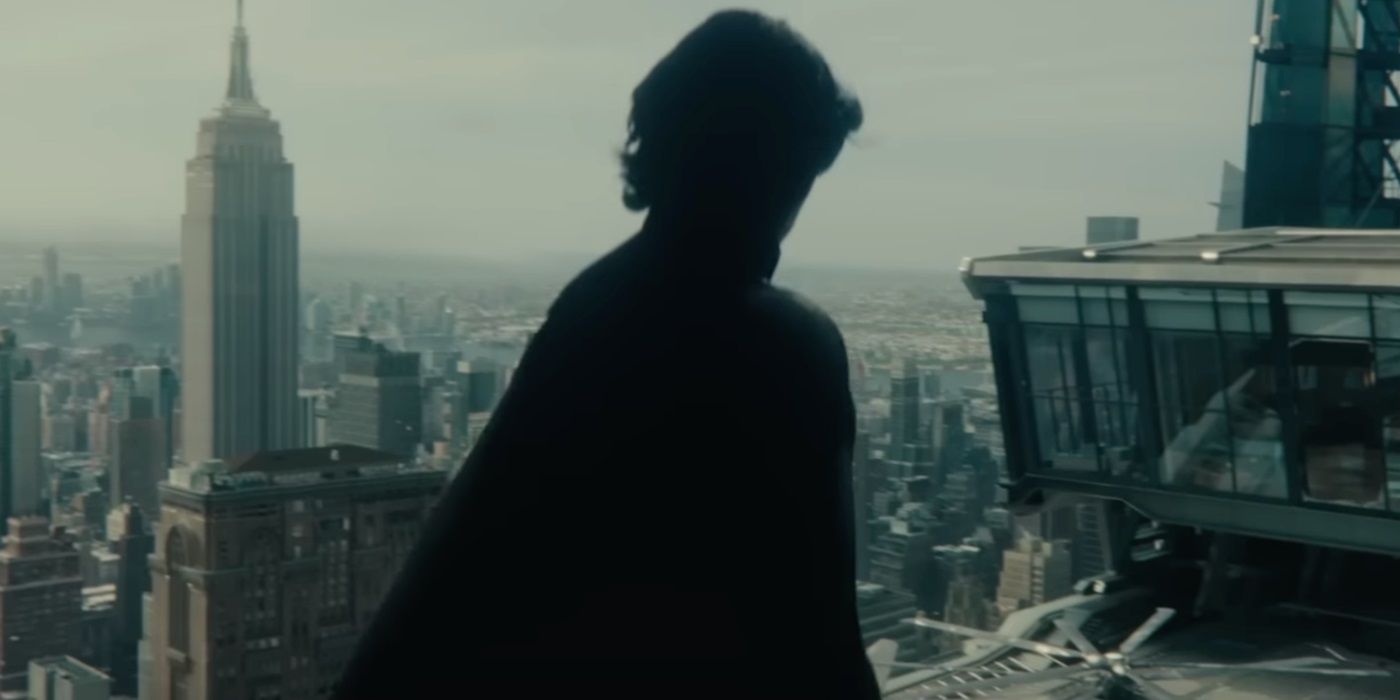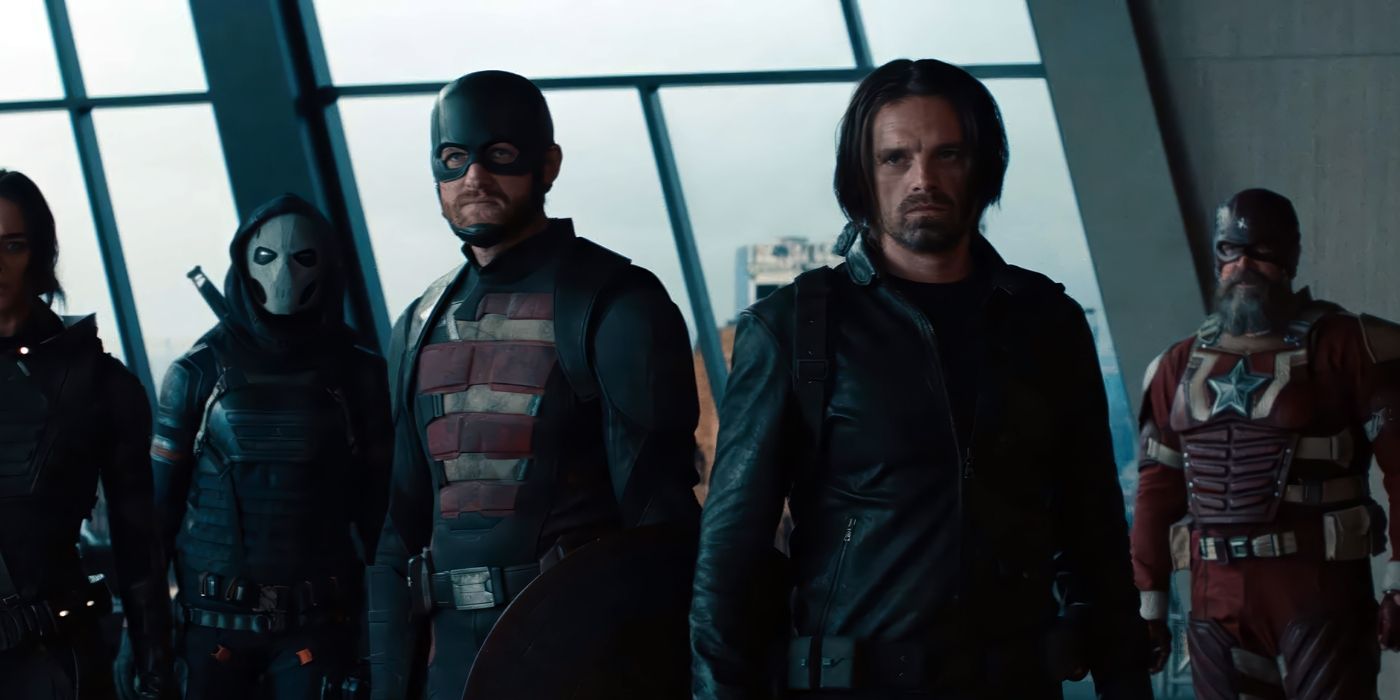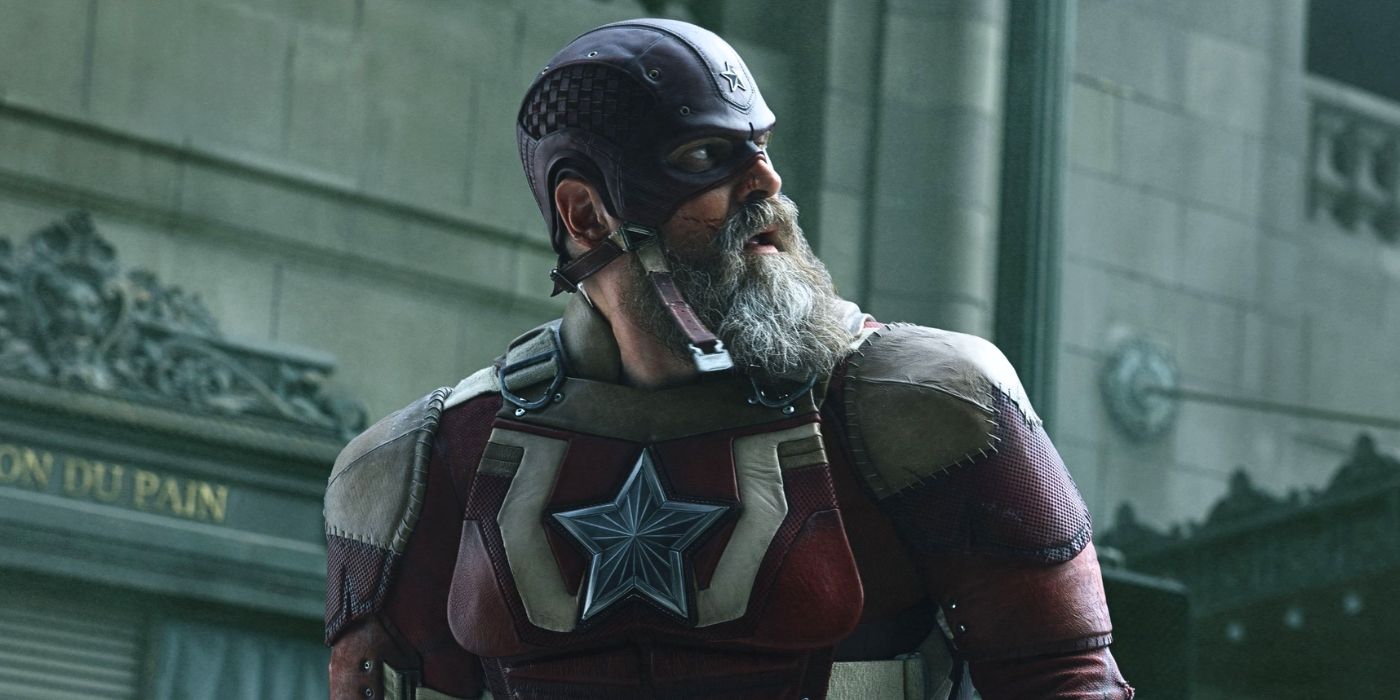Warning: This article contains spoilers for Thunderbolts*The Marvel Cinematic Universe has become notorious for outrageously destructive battles and overpowered superheroes. The over-the-top films have become exhausting for some audiences, who have lost interest in the complicated, intertwining plots. However, the series’ newest film, Thunderbolts*, attracted some viewers who had sworn off Marvel films by leaning on simplicity.
Thunderbolts* is one of Marvel’s most successful films in years, thanks to some of the film’s clever but simple marketing. The film itself and its success are both underdog stories, as the movie focuses on a team of washed-up characters. The villain of Thunderbolts* is also quite different from what viewers have seen in past Marvel films, especially with the final fight.
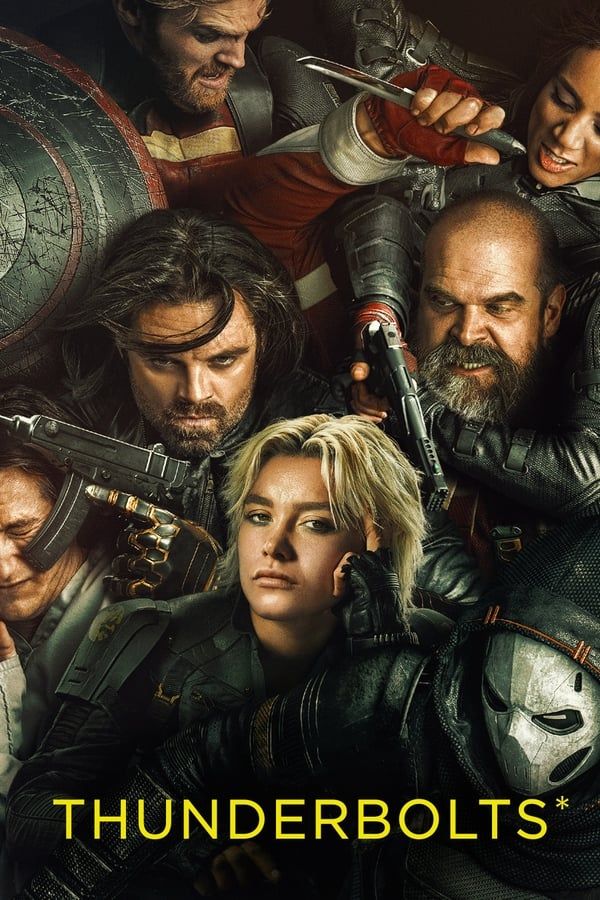
- Release Date
-
May 2, 2025
- Runtime
-
126 Minutes
- Writers
-
Eric Pearson, Joanna Calo
- Franchise(s)
-
Marvel Cinematic Universe
A Less-Than-Super Team
Marvel has been trying to draw viewers to movies with more powerful characters in each film. Characters like Captain Marvel and Doctor Strange, who have been introduced in the past few years, have supernatural powers that allow them to travel through space or time. Thunderbolts* chooses not to focus on characters like that, opting for heroes that are more normal than super.
Of all the characters in the film, the only two with powers that go beyond excellent fighting skills are Ghost and the film’s new character, Sentry. Most of the characters in Thunderbolts* were created in a lab, with serums and testing. Even Sentry was created that way, although he’s much more powerful than the rest of his teammates. Compared to the Avengers, which had characters like Thor and Hulk, they’re a scrappy, ragtag group.
Large portions of the film don’t even focus on the superhero team. One of the main plots of the film revolves around Julia Louis-Dreyfus’ character, Valentina Allegra de Fontaine, who is head of the CIA but just a normal civilian compared to the Thunderbolts. The subplot has Valentina going through a congressional hearing about her actions as the director, while also meeting with politicians at banquets. It’s not the first time a Marvel movie has incorporated bureaucracy into the plot, but it’s rarely been so prevalent. It’s much different than the giant battles with magicians, aliens, or superbeings that can be seen in most Marvel films.
The Villain Is Basically Depression
The villain in Thunderbolts* is a bit different from past Marvel villains. He’s dark, both literally and figuratively, and he’s a little bit metaphysical. The villain is “The Void,” and his power is sending people to a realm where they relive some of their worst memories. The Void is nihilistic, saying that nothing really matters, and this stems from a character’s own doubts and struggles.
Before he’s introduced, The Void is teased throughout the film as characters talk about their depression and get flashbacks. Florence Pugh’s Yelena Belova doesn’t find joy in her daily routines anymore. Wyatt Russell’s John Walker remembers reading a hurtful article about him before his wife and son left. Lewis Pullman’s Bob leaves hints that his father was abusive, and Bob used to be addicted to meth.
Related
‘Thunderbolts*’ Does Right by Every Character… Except One
‘Thunderbolts*’ does a great job turning the spotlight on some overlooked MCU characters, but the movie sadly lets one of them down.
When these characters are transported by The Void, their depressive states worsen. They nearly lose hope, with a villain that seems impossible to defeat. Instead of having a big final battle that destroys a major city, the characters talk about how they can get through this together, which helps them conquer the hopelessness of the void. Granted, the way The Void makes people disappear is similar to how Wanda forced people to live in her creation in WandaVision or how Thanos made people disappear with a snap in Avengers: Infinity War. However, the lack of a big battle makes Thunderbolts* quite different tonally from those films, and it’s a welcome change of pace.
How the Film’s Marketing Helped Convey Simple
Part of what helped Thunderbolts* is that the team didn’t overdo the marketing for the film. Up until now, most Marvel movies have been advertised as event films that can’t be missed, or you’ll be left in the dark for future Marvel movies. That strategy seemed to tire audiences, and Thunderbolts* was marketed as more of a standalone film. Audiences might enjoy it better having seen past Marvel films, but they’d still be able to understand Thunderbolts* if they’d only seen a few Marvel movies.
Thunderbolts* worked because it was able to stand alone, even with its connection to the Marvel Cinematic Universe. The film plays like a light-hearted thriller, with some mediocre twists and exciting action. The film’s balance between humor and seriousness also helps it work as a film that doesn’t need to be associated with the Marvel brand to work.
Related
Disney’s CEO Bob Iger spoke about the company’s post-pandemic struggles regarding its film slate, with its focus on quantity over quality.
When Thunderbolts* was released, it got some of the best reviews of any recent Marvel film, with an 88% on Rotten Tomatoes. It also did great commercially, topping the box office two weekends in a row (and counting). There wasn’t so much hype around Thunderbolts* for audiences to feel underwhelmed after seeing it, but there was still just enough hype to get people to the theater. The people who were cautious about seeing another Marvel film in theaters and enjoyed Thunderbolts* are the ones who really helped the film, as their positive word of mouth helped convince audiences who were unsure whether they’d see the movie.
The asterisk in the film’s title was the cherry on top. The gimmick wasn’t overbearing, but it was enough to get people interested. This one underused character was enough to spark speculation and intrigue. The asterisk was there because the film’s ending reveals that this team is actually the New Avengers. Marvel must not have wanted to put that much pressure on the movie and decided to market it under a simpler name instead. It worked, as audiences didn’t view Thunderbolts* as the next Avengers film but still understood the impact this film would have for the future of the MCU.


